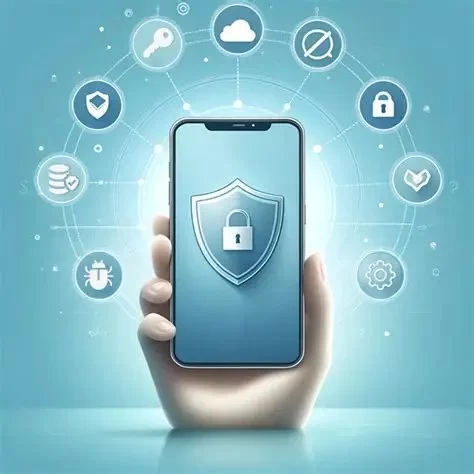
- how-data-misuse-happens-in-mobile-apps
- what-rights-users-have-under-us-law
- legal-actions-you-can-take
- real-cases-of-app-related-data-violations
- how-to-protect-yourself-in-the-future
1. How Data Misuse Happens in Mobile Apps
From social media platforms to harmless-looking fitness trackers, mobile apps collect vast amounts of personal data—often more than users realize. While some data collection is necessary for functionality, misuse occurs when apps go beyond their stated purpose: selling user information to third parties, tracking without consent, or failing to secure sensitive data.
In many high-profile cases, users weren’t even aware their contact lists, location data, or browsing habits were being harvested until it was too late. A popular flashlight app, for instance, was found to be collecting GPS and contact information—without any legitimate reason. It’s this blurred line between functionality and exploitation that puts users at risk.
If you suspect a mobile app has mishandled your data, you don’t have to navigate the legal waters alone. ESPLawyers can help you assess whether your rights have been violated and what steps to take next.
2. What Rights Users Have Under U.S. Law
2.1 Federal Laws Offering Limited But Crucial Protections
The U.S. doesn’t currently have a single, comprehensive data privacy law. However, laws like the Federal Trade Commission Act (FTC Act) empower the FTC to take action against companies that deceive users about their data practices. Additionally, specific regulations like HIPAA (for health data) or COPPA (for children’s data) offer targeted protections.
2.2 State Laws Are Filling the Gaps
California’s Consumer Privacy Act (CCPA) is one of the most significant developments in U.S. privacy law. It gives California residents the right to know what personal data is being collected, request deletion, and opt out of data sales. Similar legislation has followed in Virginia, Colorado, and Connecticut.
2.3 Breach Notification and Consent Laws
Most U.S. states require that companies notify users if a data breach has exposed their personal information. If an app has failed to disclose a breach—or collected data without proper consent—you may be entitled to damages or legal remedies.
3. Legal Actions You Can Take
3.1 Filing a Complaint with the FTC
If an app has misused your data, your first step may be filing a complaint with the Federal Trade Commission. While the FTC doesn’t represent individuals, its investigations can lead to company-wide changes or civil penalties for violating consumer protection laws.
3.2 Pursuing a Civil Lawsuit
In many cases, individuals or groups can file class action lawsuits against app developers for data misuse. These lawsuits can seek compensation for damages, such as identity theft, emotional distress, or financial losses. A well-known case involved a major social media platform that settled for hundreds of millions after misusing facial recognition data.
3.3 Engaging a Legal Professional for Personalized Advice
Every case is different. Some require immediate legal intervention—especially if your financial accounts or medical information were exposed. Consulting an experienced firm like ESPLawyers ensures you understand your specific rights and have a clear path forward tailored to your case.
4. Real Cases of App-Related Data Violations
4.1 TikTok and Children’s Data
In 2021, TikTok agreed to pay $92 million to settle lawsuits over its unauthorized collection of biometric and personal data from minors. The case was a wake-up call for many parents and led to increased scrutiny of how apps interact with underage users.
4.2 Facebook and Cambridge Analytica
Perhaps the most famous case of data misuse, Facebook allowed Cambridge Analytica to harvest the personal data of millions of users without proper consent. The aftermath included congressional hearings, user backlash, and a $5 billion fine.
4.3 Health Apps Selling User Information
Several period tracker apps have faced criticism and legal inquiry after it was discovered they were selling sensitive user data to advertisers, including location and health behavior. In some instances, users were completely unaware their health insights were being monetized.
5. How to Protect Yourself in the Future
5.1 Read Privacy Policies—Even Briefly
While it’s tempting to skip the fine print, skimming the privacy policy can alert you to red flags. Look for vague language around third-party sharing or phrases like “partners may include.”
5.2 Use App Permissions Wisely
Only grant apps the permissions they absolutely need. If a photo-editing app wants access to your GPS or microphone, think twice. iOS and Android allow users to manage permissions manually—use this feature regularly.
5.3 Stay Informed and Take Action When Necessary
Check whether the app developer has a history of privacy complaints. Use websites and watchdog services that track app behavior. And most importantly, if you believe your data has been misused, document everything and consult a privacy law professional.
To evaluate your legal options quickly and confidently, reach out to ESPLawyers. Their team specializes in digital privacy and consumer protection, offering support to individuals affected by app-based data violations.








